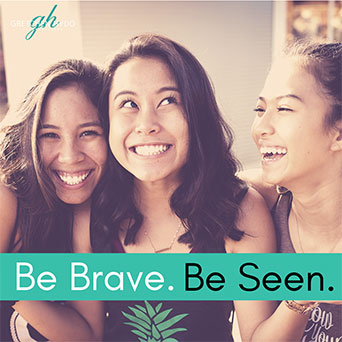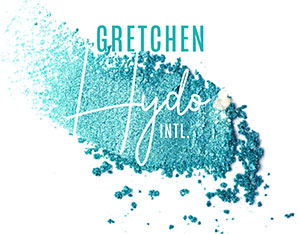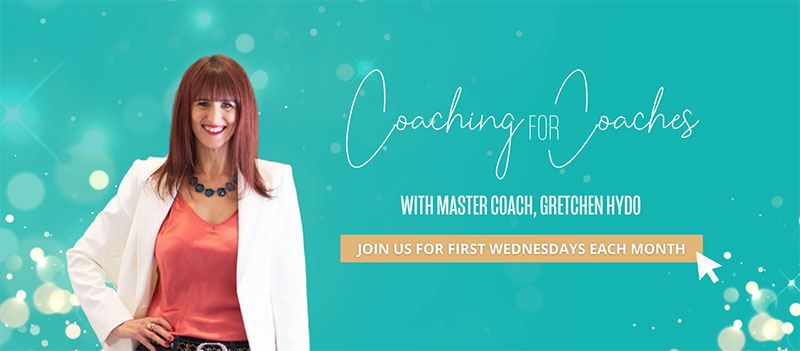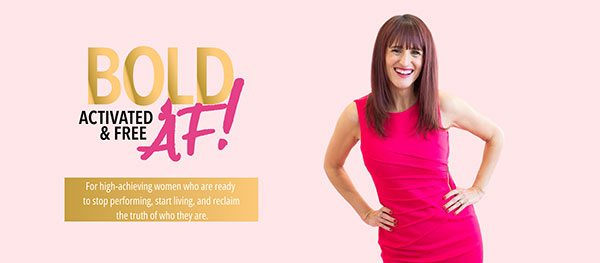 It’s a fact: we all want to be loved. To have connection. To share a laugh, or our day, or our lives, with somebody.
It’s a fact: we all want to be loved. To have connection. To share a laugh, or our day, or our lives, with somebody.
In the age of social media, connection is more prized than ever. But real person-to-person, face-to-face connection is becoming harder to come by. According to some researchers, loneliness has reached epic proportions and has turned into a health risk as dangerous as smoking and obesity.
One reason for this? Getting close to others is scary. Not only because it means possible rejection, but because becoming close to someone means we run the risk of being seen. Really seen. Our flaws and all.
This may not make much sense. After all, some of us love to be seen. But what we are showing to the world on social media is usually an edited, curated, and filtered view of ourselves. Even when we go without makeup or reveal “messy” details of our lives, we are always in control of the view. On social media, people are always at arm’s length.
When we are in an actual close relationship with another human being, we give up control. The other person is free to see us as we truly are. Through the inevitable ups and downs of relationship – the neediness, the arguments, the missed signals – we reveal our tender, awkward, sometimes less-than-flattering sides. We show that we aren’t perfect. We show that we may actually be a little weird and quirky. As we get to know someone, or even continue in a friendship that may be already decades-old, we in effect ask someone to accept us – over and over again. And we reveal ourselves to that person every time we see them, call them with a problem, ask them for their advice, etc.
We allow someone else to get to know us, our flaws and all, and what comes with that is something that can feel scary, or at best, uncomfortable. It is no wonder then that many of us may consciously or subconsciously avoid relationships just so we don’t have to experience this. For those of us already in relationships, we may be unwittingly creating distance and drama to keep our loved ones at arm’s length. If he or she actually knew the real me, they wouldn’t still be my friend/lover/spouse, we think. We jeopardize our closest relationships so that we can stay unknowable, and unreject-able.
It’s not all our fault. Some of us may have grown up in families where, if we were “seen,” we would be rejected, or at least criticized. If we were parented by narcissists, this “hiding in plain sight” was even a survival mechanism. We learned to get by in the shadows, keeping the real us obscured from view, even from ourselves. After so many years pleasing others, we may not even know who we really are. We may be suffocating from shame.
Most of us are aware that we have a “dark” or “messy” side – but because we usually hide that side, we can sometimes imagine it to be bigger and more powerful than it really is. But when we allow ourselves to be seen, we also release some of the outsized shame that we’re carrying around. When we share that side with others, and allow it to be looked at, it usually becomes much more right-sized.
Here are some exercises to do to practice being seen. Even if we have been married for years, some of us may still be “hiding in plain sight.” Here are some ways to come out into the light:
- Take a bad photograph (and keep it.). Okay, this is a small one. But incredibly useful. Now that we have digital cameras and smartphones, when was the last time you took a bad picture? You probably can’t remember. The virtue of a bad picture is really two-fold: one, you realize that you can live through an unflattering depiction of yourself, and two, you realize that even the worst photo isn’t all that bad. So go ahead, stand in the worst light possible, aim at your bad side, make the silliest, goofiest, most googly-eyed face, and fire away. Extra points if you post it somewhere.
- Make an inventory of your best qualities – and your worst. The trick here is to be as objective as possible. This can feel scary to do, especially if we feel that our “bad” qualities will outnumber our “good” ones. The surprise? You’ll probably find just the opposite. Seeing our “inventory” helps us own the entirety of ourselves and present that picture to others.
- Tell someone a secret. Secrets get their power from the fact that we carry them around in shame. When something is a secret it usually has been inflated by the very fact that it is hidden. As soon as that secret is exposed to the air, it’s like a balloon that finally bursts. You are bigger than your secrets.
If you would like more help with becoming vulnerable, schedule your free thirty-minute consultation with me today!





